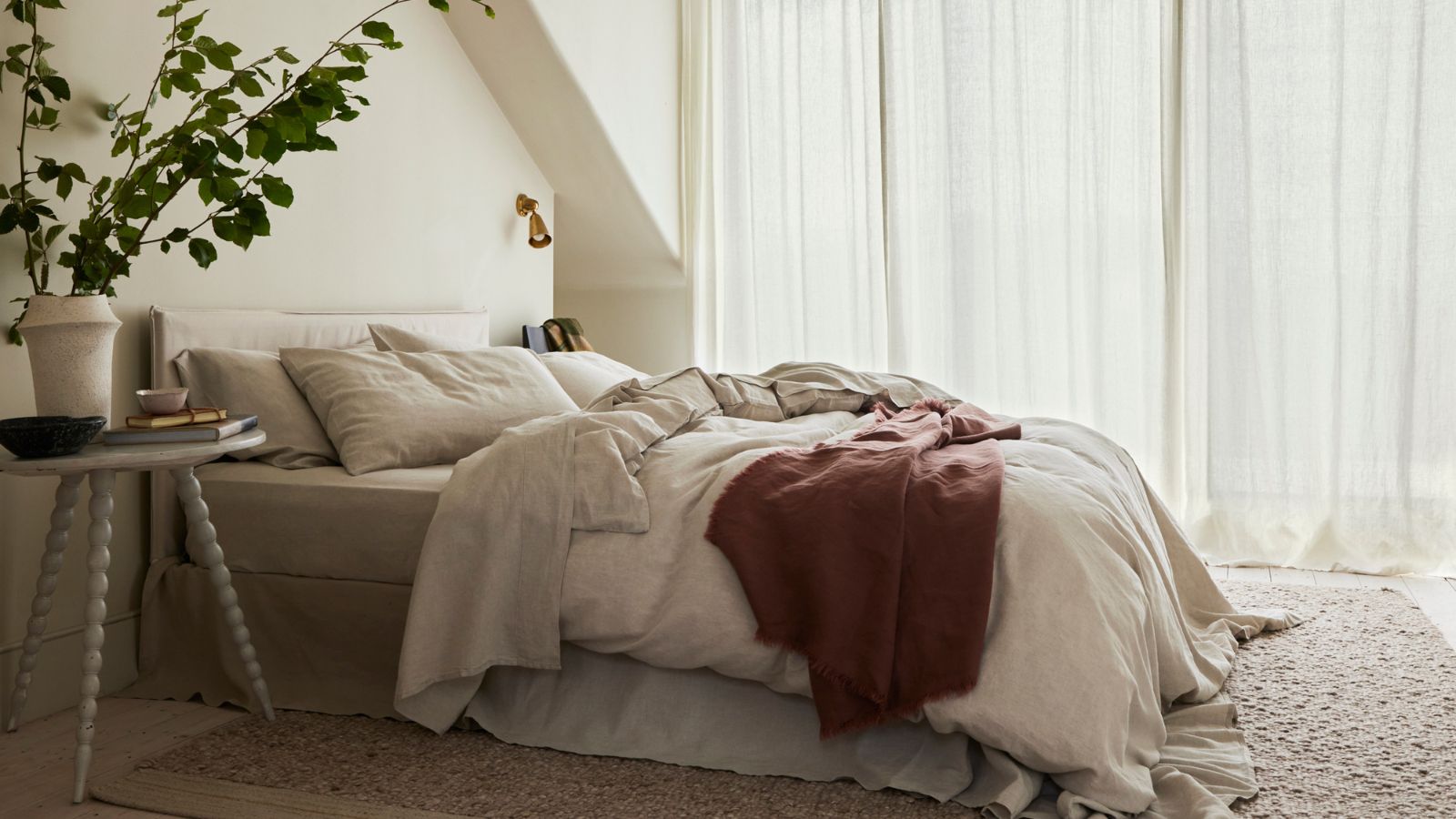
As the resident Sleep Editor at Homes & Gardens, I like to get my eight hours − and then some. Waking up early mid-week means I look forward to my weekends, when I get to switch off my alarm and snooze a little longer.
Ironically, for someone who teaches others how to sleep better, I've been accused of 'bed rotting'. I prefer to think of it as 'snerdling'. According to English etymologist Susie Dent, 'snerdle' is an eighteenth-century verb that means 'to wrap up cozily in bed and hold off the day for a little longer.'
Many of us enjoy spending a lazy day in bed, but it's important to stop 'bed rotting' before it makes us feel rotten. I asked an expert panel of sleep coaches and psychotherapists to tell us more about bed rotting and whether there's a way to snerdle that helps us to relax and reset.

Before we begin, it always helps to define our terms. '"Bed rotting" is a term that’s gained traction on social media, particularly TikTok, to describe spending long periods of time in bed,' explains Amber Monroe, founder of Healing Balance Therapy.
'When you're bed rotting, you're not sleeping, just lying there, scrolling on your phone, watching TV, or doing nothing in particular,' Monroe continues. 'It’s often framed as a way to “check out” from the demands of life, work, or stress. The term can conjure images of decay or stagnation, which can feel relatable to people who are overwhelmed or burned out.'
'It’s worth noting that bed rotting can also be a way to avoid thoughts and emotions that feel too difficult to process,' warns Monroe. 'Here are some ways to make it more intentional:'
- 'Set a time limit,' Monroe suggests. 'You might say to yourself, "I'll spend the morning in bed, and then I'll get up and do one thing I enjoy.'
- 'Create a cozy, comforting environment − light a candle, play soft music, or snuggle under a weighted blanket.'
- 'Use the time to reflect, journal, do some light reading, or simply let your mind wander without judgment.'
- 'Remind yourself that rest is not laziness − it's a necessary part of being human.'

Fragranced with frankincense and patchouli, this natural candle should infuse the air around you with essential oils and help to settle your circadian rhythms.
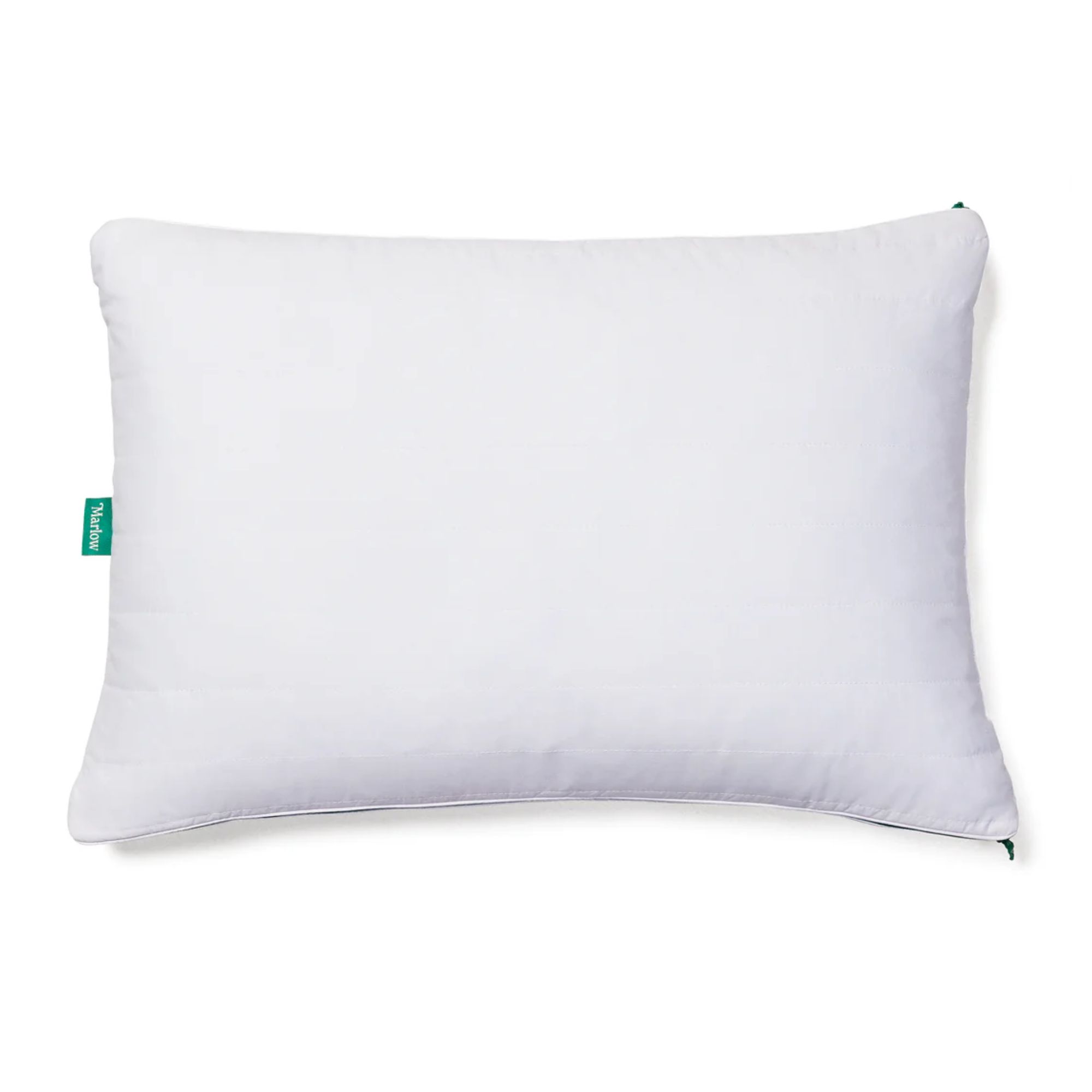
If you're going to spend all day in bed, you'll need a supportive pillow. Actively cooling and totally adjustable, the Marlow Pillow is the best pillow in the business.

As an anxious sleeper, I don't like the idea of being trapped under a heavy burden. Luckily, the Luxome Weighted Blanket is designed to distribute weight equally.
I asked Dr. Joseph Dzierzewski, SVP of Research and Scientific Affairs at the National Sleep Foundation, why he thinks bed rotting is gaining traction.
'Bed rotting might appeal to people for a number of reasons, including a desire to escape from the daily hustle and bustle in an attempt to get some much-needed rest and recovery,' explains Dr. Dzierzewski.
'National Sleep Foundation research shows that the majority of adults, 6 out of every 10 people, are not getting enough sleep and the majority of us are not satisfied with the little sleep we do get.'
'As a society, we are tired, and often looking for solutions,' Dr. Dzierzewski continues. 'The bed rotting trend is something people are turning to for help. At its core, bed rotting is an extreme focus on rest and relaxation. Self-care is so important to our health and wellbeing – yet it is very important to make sure the method of self-care does not come with any unanticipated side effects, such as poor night-time sleep.'
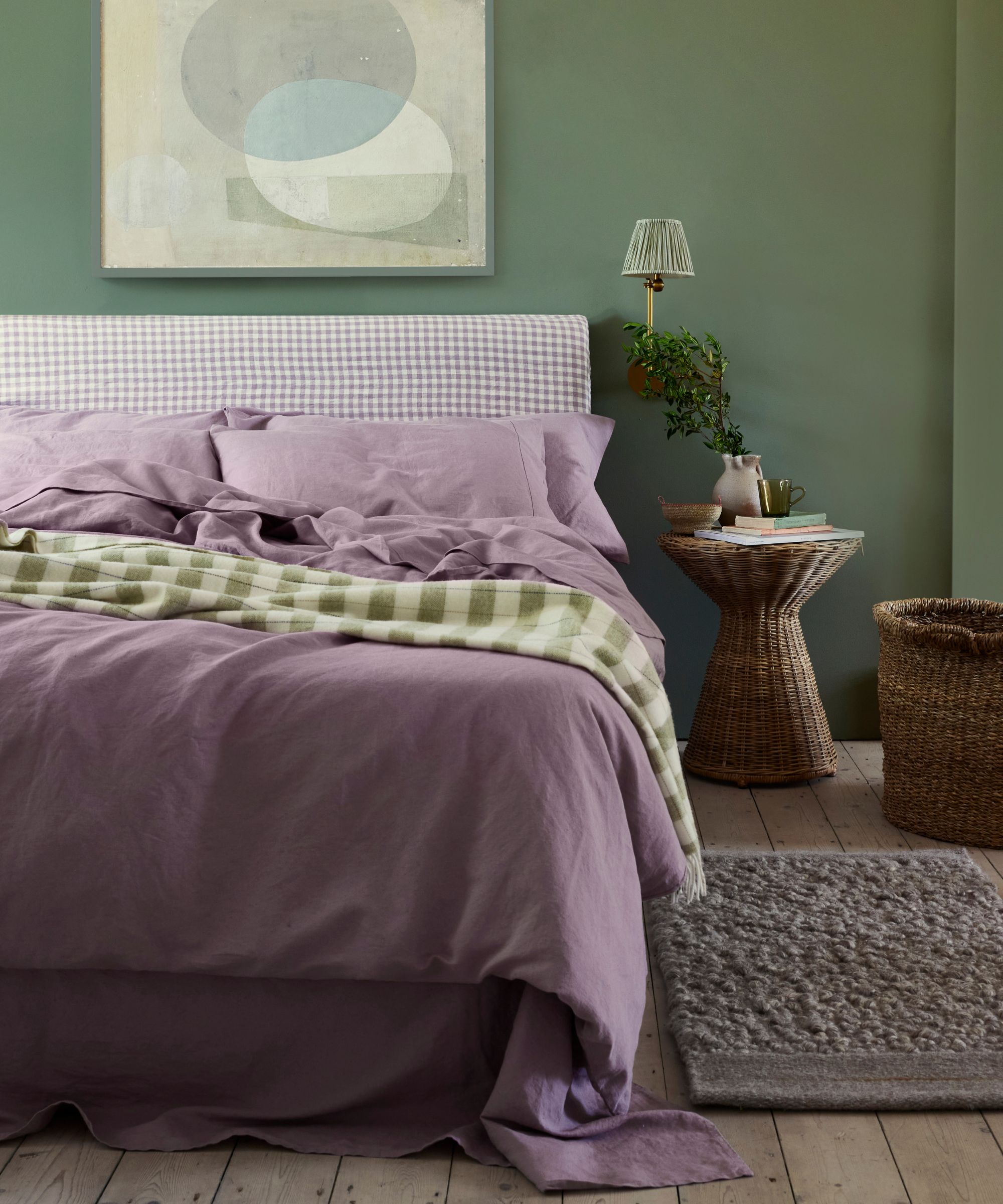
Jenni Trent Hughes, relationships expert at Mattress Online, likes to think of bed rotting as 'taking a bed-cation'.
'I start by thinking of five things that I would like to do on my bed-cation day. Personally, I enjoy binge-watching a series, watching a film, or listening to podcasts. I'll spend some time replying to friends and family and catching up with them, but it's important to stay away from anything work-related or the dreaded doom-scrolling.'
'To make the day extra special, I also find it good practice to strip the bed and clean the mattress before putting on fresh, crisp sheets,' Trent Hughes continues. 'I find this makes it easier for me to relax. There's nothing better than clean bedding.'
'When taking your bed-cation, make sure to stay out of the rest of your home and don’t do any chores. Remember, you wouldn’t fly home in the middle of a vacation to clean the kitchen.'
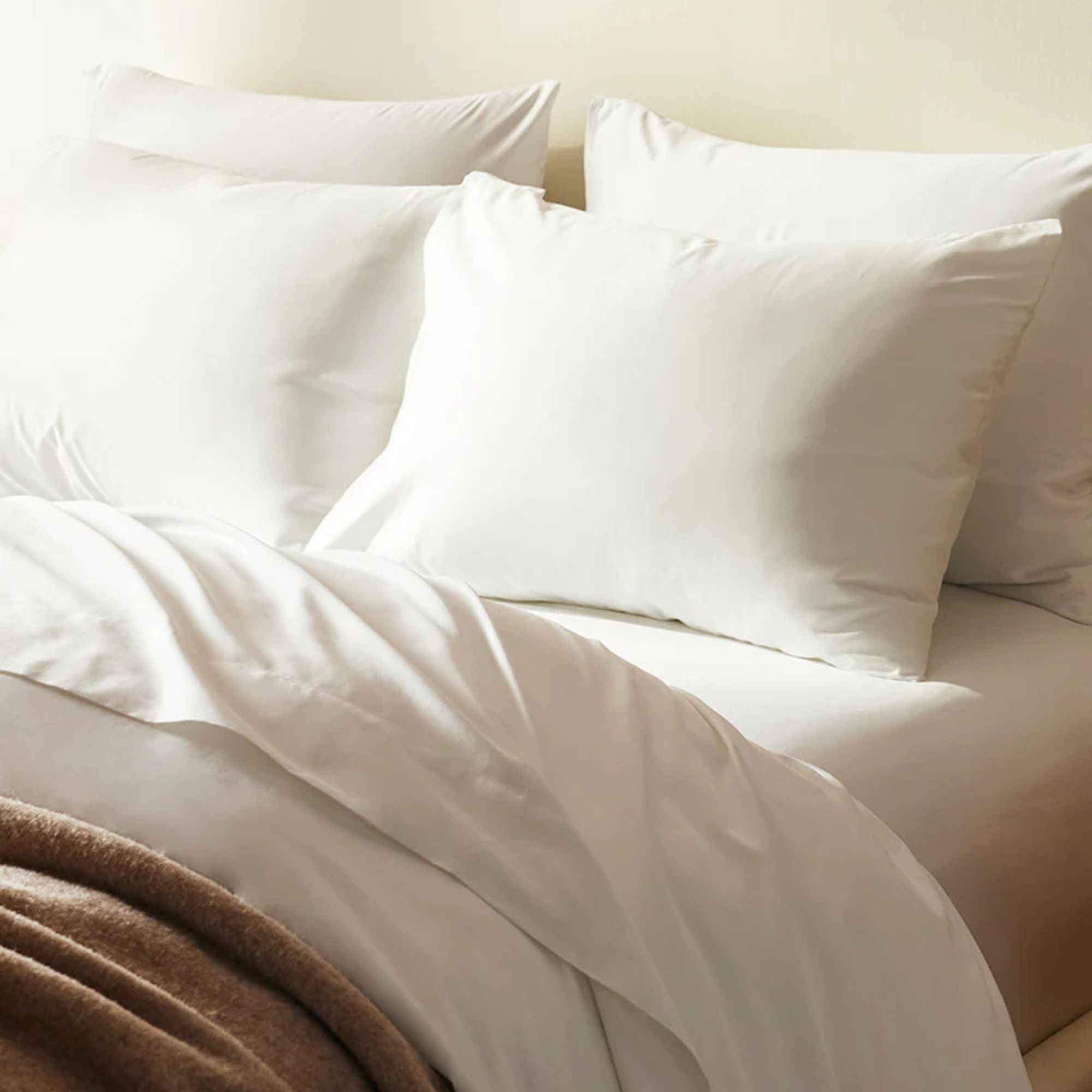
Sitting pretty at pole position in our 'best bed sheets' buying guide, the Brooklinen Luxe Core Sheet Set is made from silky-smooth sateen to soothe your skin.
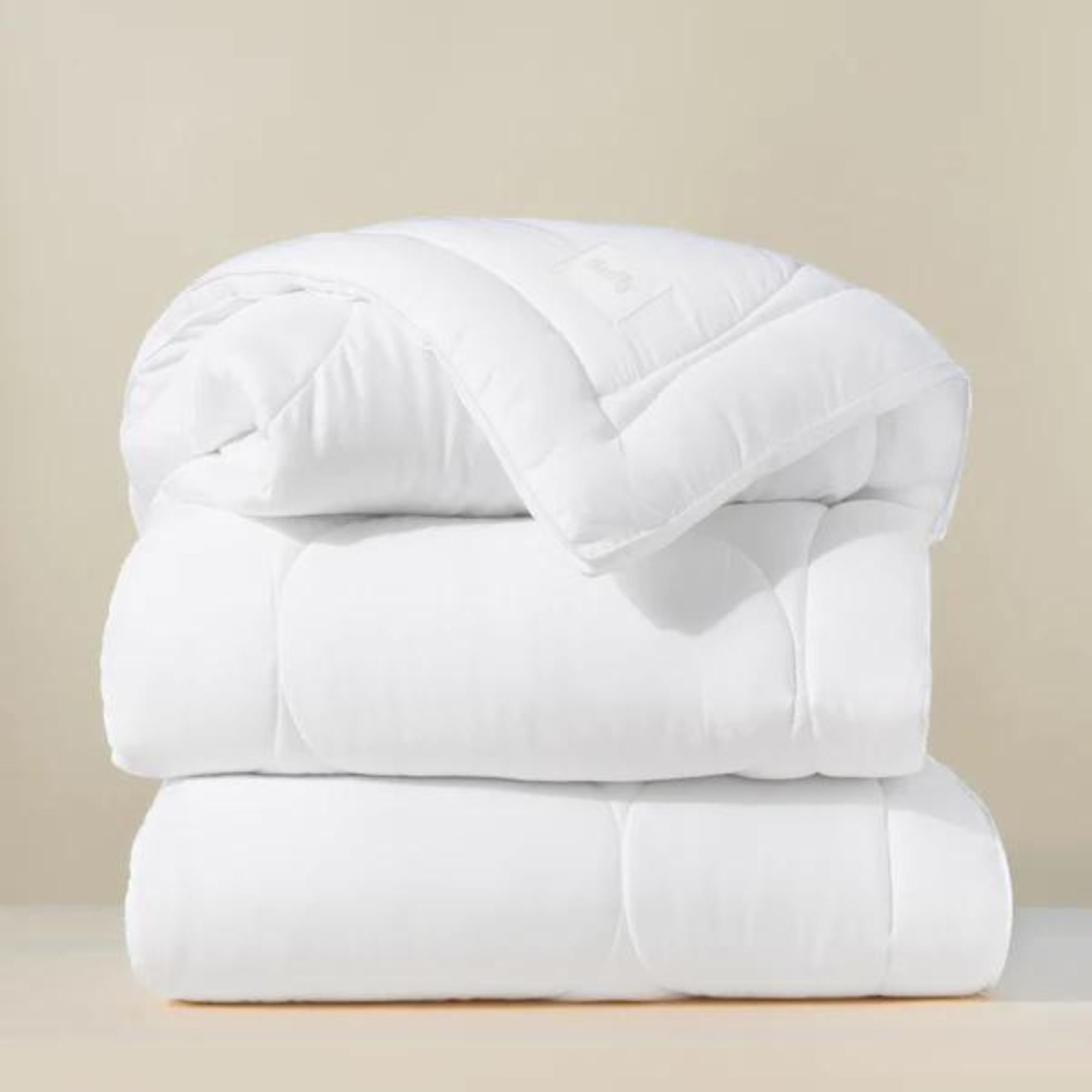
This down alternative comforter has all the loft and puff of real down, without the heat retention or questionable eco-credentials.

If you don't like the idea of a weighted blanket, but you want to snuggle up while you snerdle, I recommend this oversized fluffy throw.

I want to know when bed rotting crosses the line and becomes unhealthy behaviour. Clinical psychologist Dr. Vanessa Kennedy has the answer: 'When the amount of time spent in bed extends past a day, or maybe two when you do not have other obligations, it is likely to become problematic.'
'If bed rotting is leading to low mood, lack of motivation, negative thoughts, increased sadness or anxiety, and the exclusion of important activities, such as eating regular meals and staying hydrated, it is not therapeutic for you.'
Psychotherapist Brianna Paruolo encourages 'reflecting and asking yourself: is this harmful or helpful? Everyone deserves rest. The key distinction lies in whether your bed rotting is restorative or avoidant. Consider these reflection points:'
- 'Has your bed become a refuge from life rather than a refuge to recharge?'
- 'Are you missing commitments that align with your values?'
- 'Is your physical health suffering, in terms of hygiene, nutrition, or movement?'
- 'Does emerging from bed create increasing anxiety?'
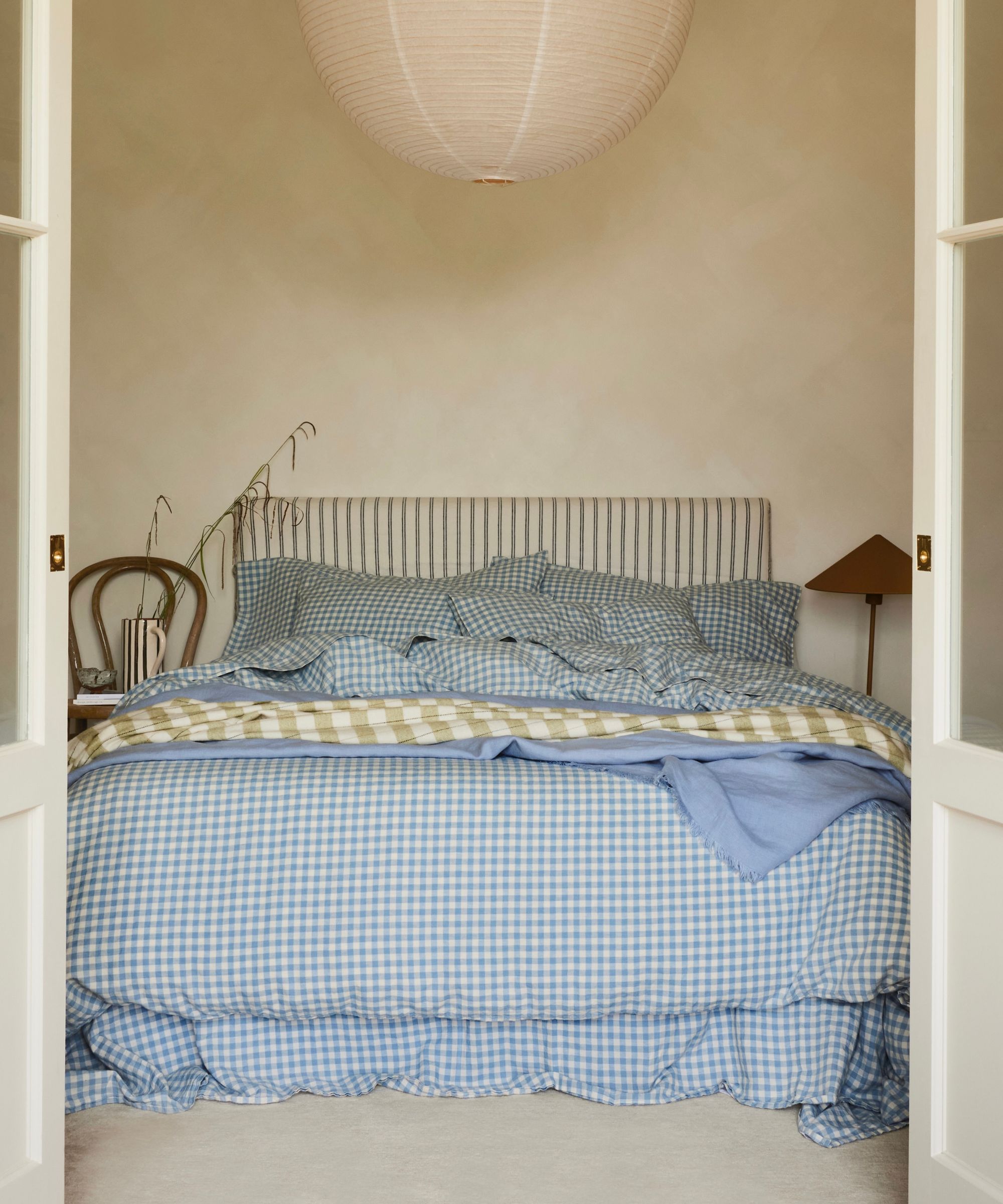
If you're regularly struggling to sleep at night, experts warn against spending too much time in bed during the day. 'By treating your bed as a multipurpose space for work, entertainment, and relaxation, you inadvertently blur the association between the bed and sleep, making it harder for your brain to recognize the bed as a cue for rest,' says Dr. Leah Kaylor, in an extract from her upcoming book, The Sleep Advantage.
'To strengthen the association between your bed and sleep, limiting what you do in bed is essential,' Dr. Kaylor continues. 'This brings us to the "Three S's": sleep, sex, and sickness. These are the only activities that belong in bed.'
'By restricting your bed to these three functions, you help your brain strengthen the connection between bed and sleep. Keeping the bed reserved for sleep helps reinforce a strong mental link between lying down and feeling tired, which is especially important for individuals struggling with insomnia or poor sleep habits.'
Meet our experts
Whether you prefer the whimsy of snerdling or the earthiness of bed rotting, there's no harm in spending a day in bed to relax or recharge. If you notice you're starting to feel worse, rather than better, that's when it's time to get up. If you're struggling to sleep after a day of snerdling, you might like to try some new sleep trends to soothe yourself.







